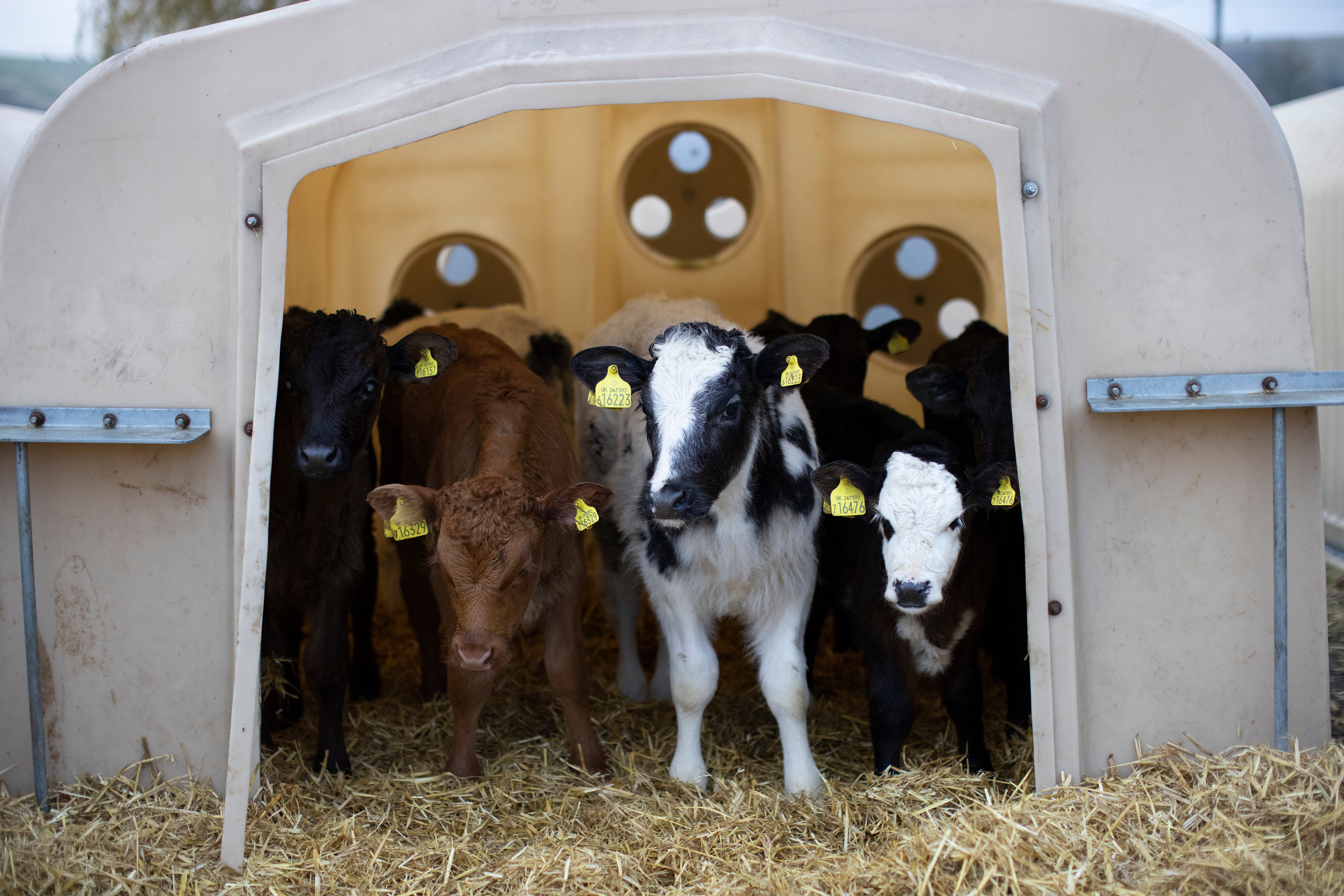Labour demands vote on Australian trade deal, amid claims it throws UK farmers ‘to the wolves’
Trade secretary Liz Truss ‘not up to the job’, Emily Thornberry tells Commons

Labour today demanded a parliamentary vote on the government’s trade deal with Australia, warning it will undercut British farmers and undermine animal welfare standards.
Shadow trade secretary Emily Thornberry told MPs in the House of Commons that the deal announced on Tuesday had broken the government’s promises to the British people and thrown farmers “to the wolves”.
And she said it exposed international trade secretary Liz Truss as “not up to the job”, as it gave Australia tariff-free access to UK markets that was not offered to Canberra by other trade partners like Japan and South Korea.
The first trade deal to be sealed by the government since the UK left the EU is estimated to add no more than 0.02 per cent to UK GDP and save consumers an average of 1p a week, making up only a tiny proportion of sales lost due to new trade barriers with Europe created by Brexit. Farming organisations warn it risks driving domestic beef and lamb producers out of business due to an influx of cheap meat.
But Ms Truss told MPs in a statement that it was “truly historic” and “shows that global Britain is a force for free and fair trade around the world”.
However, she refused to promise a parliamentary vote, saying it would be subject to the ratification processes set down in the Constitutional Reform and Governance Act (CRAG).
Under the terms of the Act, treaty-making is a prerogative power for the government, and parliament has only a limited role in approving trade deals, with MPs likely to be denied a vote in the Commons.
Rather than passing a bill to ratify the deal, ministers must simply lay it before parliament, giving MPs 21 days to object to ratification. While this could theoretically lead to a debate and vote, there are means for ministers to avoid this and it has not yet happened since the CRAG process was introduced in 2010.
Ms Thornberry said: There is only one question that matters today. Will (Ms Truss) guarantee to give parliament not just a debate but a binding vote on the deal that she has agreed with Australia, so that we can reject the terms that she has agreed on farming and send someone else back to the table to get a better deal for our country?”
The shadow trade secretary listed practices denied to UK farmers on welfare grounds which she said were used in Australia, including branding cattle with hot irons, keeping pregnant pigs in sow stalls, allowing slurry to pollute rivers and transporting livestock for 48 hours without rest, food or water.
“All practices in common use in Australia, all practices banned in Britain,” said Ms Thornberry. “And yet under the deal that she has signed, the meat from farms that use those practices will come into our country tariff-free, undermining British standards, undercutting British farmers and breaking the promises made to the British people.”
Citing a former Australian trade negotiator who said the country had “never done as well” in any previous deal, she said: “The secretary of state told the newspapers in April that she would sit her inexperienced Australian counterpart in an uncomfortable chair and show him how to play at this level.
“I’m afraid this deal has exposed the secretary of state as the one who was not up to the job. Britain needs and deserve better.”
Ms Truss insisted that the Australian deal will be scrutinised by the new Trade and Agriculture Commission, and that MPs will have the opportunity to block it through the CRAG process if they do not support it.
She told MPs that the deal delivers on “both beef and liberty”.
“I don’t buy this defeatist narrative that British agriculture can’t compete,” she said. “We have a high-quality, high-value product which people want to buy, particularly in the growing middle classes of Asia.”
She also told MPs they can “rest assured that this deal upholds our world class standards from food safety to animal welfare, to the environment”.
Ms Truss went on: “This deal with our great friend and ally Australia is just the start of our new post-Brexit trade agreements, and it’s fundamental about what type of country we want Britain to be. Do we want to be a country that embraces opportunity, looks to the future, believes its industries can compete and that its product is just what the world wants?
“Or do we accept the narrative some peddle that we need to stay hiding beyond the same protectionist walls that we had in the EU because we can’t possibly compete and succeed? To my mind the answer lies in free trade and our country has always been at its best when we’ve been a free trading nation.”
Subscribe to Independent Premium to bookmark this article
Want to bookmark your favourite articles and stories to read or reference later? Start your Independent Premium subscription today.

Join our commenting forum
Join thought-provoking conversations, follow other Independent readers and see their replies